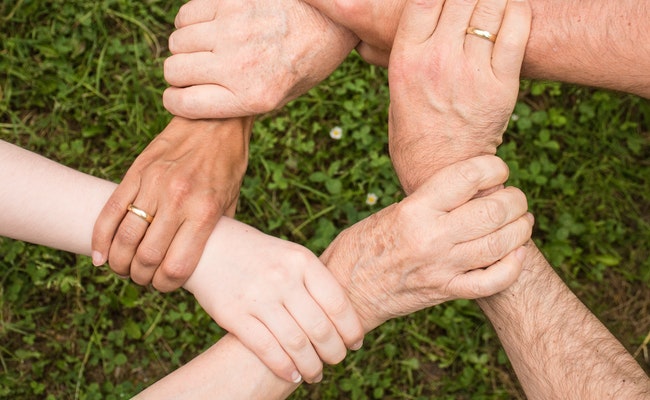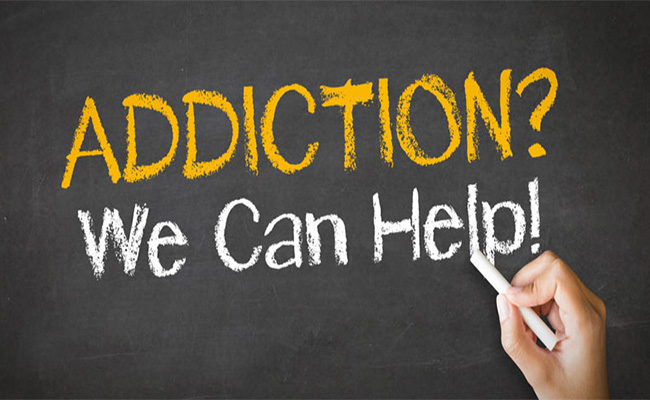Support Groups Work Regardless of the Type of Group. Many people in the world of addiction and recovery will espouse one support group or another. There are those who feel strongly enough about this to make the case that we can only get sober with one particular support group. I know form my experience and from watching countless others go through rehab and recovery, that some kind of support system is essential. But does it really matter which one we choose?
My first contact with the recovery community was through 12 step. I am not here to disparage or encourage 12 step. I simply want to point out that I encountered a number of people in 12 step who made the case that I had to embrace the 12 step sober community or I would surely fail in my recovery. That turned out to be not true.
While it is only natural that people will grasp onto the sober community they first make contact with. It should not prevent anyone from searching around to find other support groups. There are many. What matters is that you find a sober support network. It is a fact that recovery does depend in part on the support of others. In turn, your recovery depends on offering support. It turns out that some amount of giving is necessary for getting.
An important study by the University of California tracked hundreds of people as they entered into rehab and recovery. They were particularly interested in those who attempted to stay sober on their own versus those who made use of a sober support group. Included in these support groups were 12 step programs, SMART Recovery, and Life Ring, to name just a few. They followed them at 6 and 12 month intervals. What they found was that those who availed themselves of a support group stayed sober longer, and with more people remaining sober for over a year, than those who went it alone.

Addiction is isolating enough. We should not expect to get better on our own. It just goes against common sense. It is one thing to get behind recovery in the early days when we clearly remember how bad life is while we are using. And it is more difficult to hang onto the immediacy of those feelings six months down the road. The further we get from the suffering, the more likely we will stumble. Having a group of people who are engaged in the same struggles, who have been through similar things, and who may need us will only help as we spend our lives drug and alcohol free.
CLICK HERE to get a Free Confidential Addiction Treatment Assessment.


















